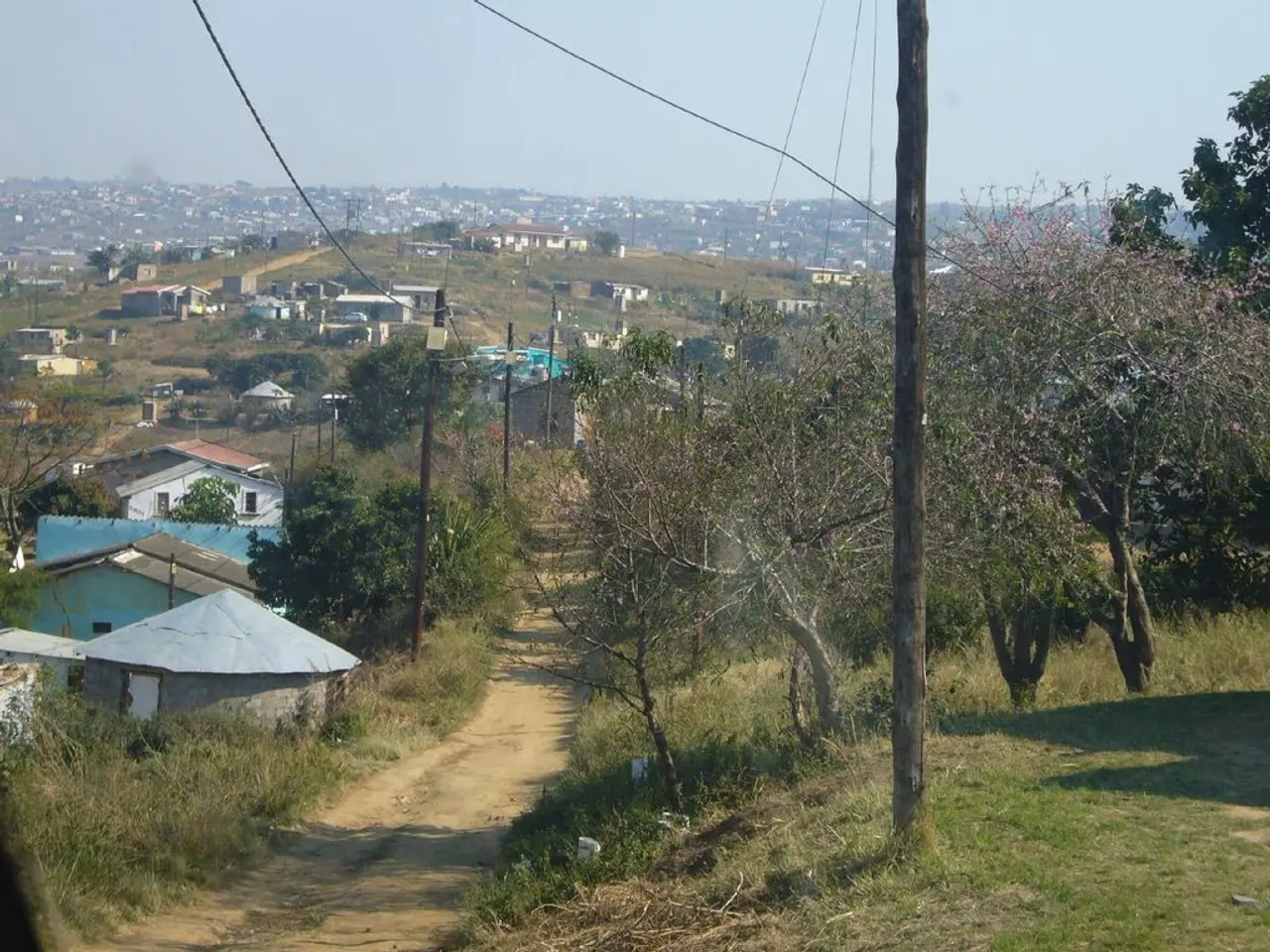Environmental advocates in the Region of Murcia protest against the proposal to undo the protected status and shrink the regional park referred to as 'Cabo Cope-Calnegre'.
In a recent proposal, Vox has suggested a reduction of the limits of the Regional Park of Cabo Cope and Puntas de Calnegre. This move has sparked controversy, with several groups opposing the change.
The coastal towns of Águilas and Mazarrón are currently developing tourist infrastructures on their coastlines. However, these towns' proposal labels the coast of Cabo Cope and Puntas de Calnegre as 'without a future'. The proponents argue that they want to avoid the depopulation of the three coastal villages: Morata, Ramonete, and Garrobillo.
Critics, including Ecologistas en Acción, Anse, Amacope, Naruactúa, and others, argue that what Vox wants is to "promote coastal urbanizations". They claim that the Regional Park is not dead but very much alive, fulfilling an essential function.
The opponents argue that considering a protected park as a threat is unfounded, especially when the alternative is to mortgage the future of following generations, destroying the environment in favor of real estate speculation. They emphasize the need for the allocation of resources and personnel for effective surveillance and management of the park.
Strict compliance with environmental regulations and the sentences of the TS and TC is also necessary, according to the opponents. They cite the importance of preserving biodiversity and implementing strict protection measures.
The proposed reduction aims to allow for a "plan for sustainable quality tourism development". However, opponents criticize this initiative for not addressing the real issues causing the lack of prosperity in the villages. They argue that a plan for socio-economic dynamization is needed, including support for artisanal fishing, sustainable agriculture, micro-tourist businesses, and environmental education.
In the last 23 years, all coastal Lorca villages have grown or maintained the number of inhabitants, according to data from the National Institute of Statistics. This growth, opponents argue, is a testament to the villages' potential and the need for a sustainable development plan rather than a reduction in the park's limits.
Real cooperation between the municipalities of Lorca and Águilas for the management of beaches, waste, and environmental surveillance is essential, as agreed by all parties. The opponents also stress the importance of strengthening public services (transport, health, education, connectivity) where depopulation is a concern, with measurable measures and an application calendar.
The implementation of the plan for the organization of natural resources of the Cabo Cope-Calnegre Coastal Park demands from environmental associations strict protection measures, preservation of biodiversity, and opposition to developments that threaten the natural environment.
The proposal was approved with the support of the PP, but the opposition remains strong. The future of the Regional Park of Cabo Cope and Puntas de Calnegre, and the prosperity of the coastal villages, hang in the balance.
Read also:
- Peptide YY (PYY): Exploring its Role in Appetite Suppression, Intestinal Health, and Cognitive Links
- Toddler Health: Rotavirus Signs, Origins, and Potential Complications
- Digestive issues and heart discomfort: Root causes and associated health conditions
- House Infernos: Deadly Hazards Surpassing the Flames








